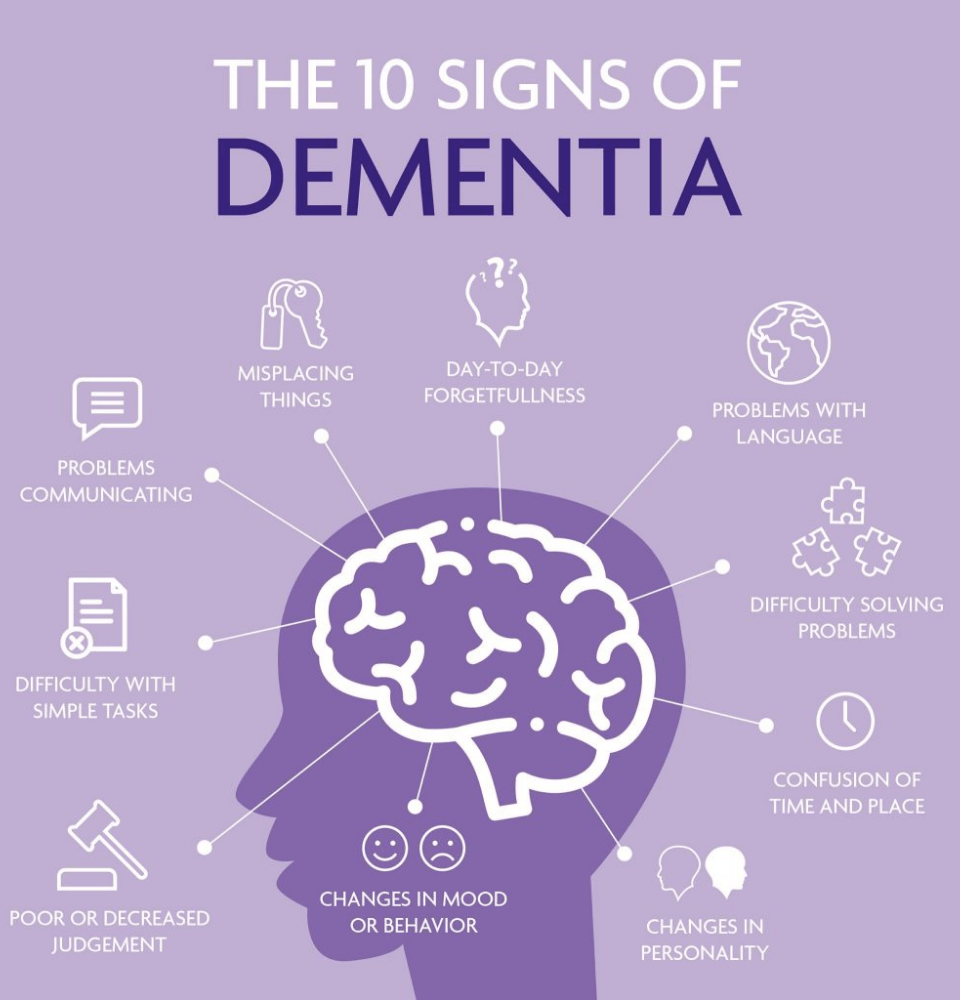
This International Women’s Day, NeuroClin shines a spotlight on how Dementia affects women, both as patients and caregivers. A recent report produced by Alzheimer’s Research UK highlights:
- Prevalence Among Women: Women account for two-thirds (65%) of dementia diagnoses, a figure not fully explained by longer life expectancies.
- Leading Cause of Death: Since 2011, dementia has consistently been the leading cause of death for UK women, outpacing other causes even during the COVID-19 pandemic.
- The Caregiver Challenge: Women also represent about two-thirds of unpaid caregivers, adding to their disproportionate share of the dementia burden.

If you are not sure about the symptoms and details of types of dementia, you are not alone. Quite often, initial symptoms can be a little confusing to understand, both for the person suffering and for friends or family members around them.
The Importance of Research and Volunteering
NeuroClin is dedicated to improving the treatment of Memory Impairment, Alzheimer’s disease and Dementia. Our aim is to help and support those with a wide range of memory difficulties and to ensure the highest standards of care and attention for those participating in our research programmes.
The importance of female data in research
It might be a surprise that we haven’t learned more about how males and females respond differently to drug treatments, however, women have only been included in clinical trials since 1993.
We currently have studies running at the clinic for healthy volunteers to take part in and also those with a wide spectrum of memory problems. By registering to volunteer in research, you are not only contributing to your own health journey but also assisting countless others. Every volunteer plays a crucial role in our quest to find more effective treatments.
With women being 65 per cent of the people affected by dementia, we must make sure that any new therapy works for them as well as men.

Are you or someone you know struggling with memory loss?
If you are interested in volunteering or wish to learn more about the benefits of research, we encourage you to take the following steps:
Telephone: 0141 948 0206 to speak to a member of our patient liaison team.
Online: Complete our online pre-screener here and a member of our team will follow up to discuss your suitability to take part.